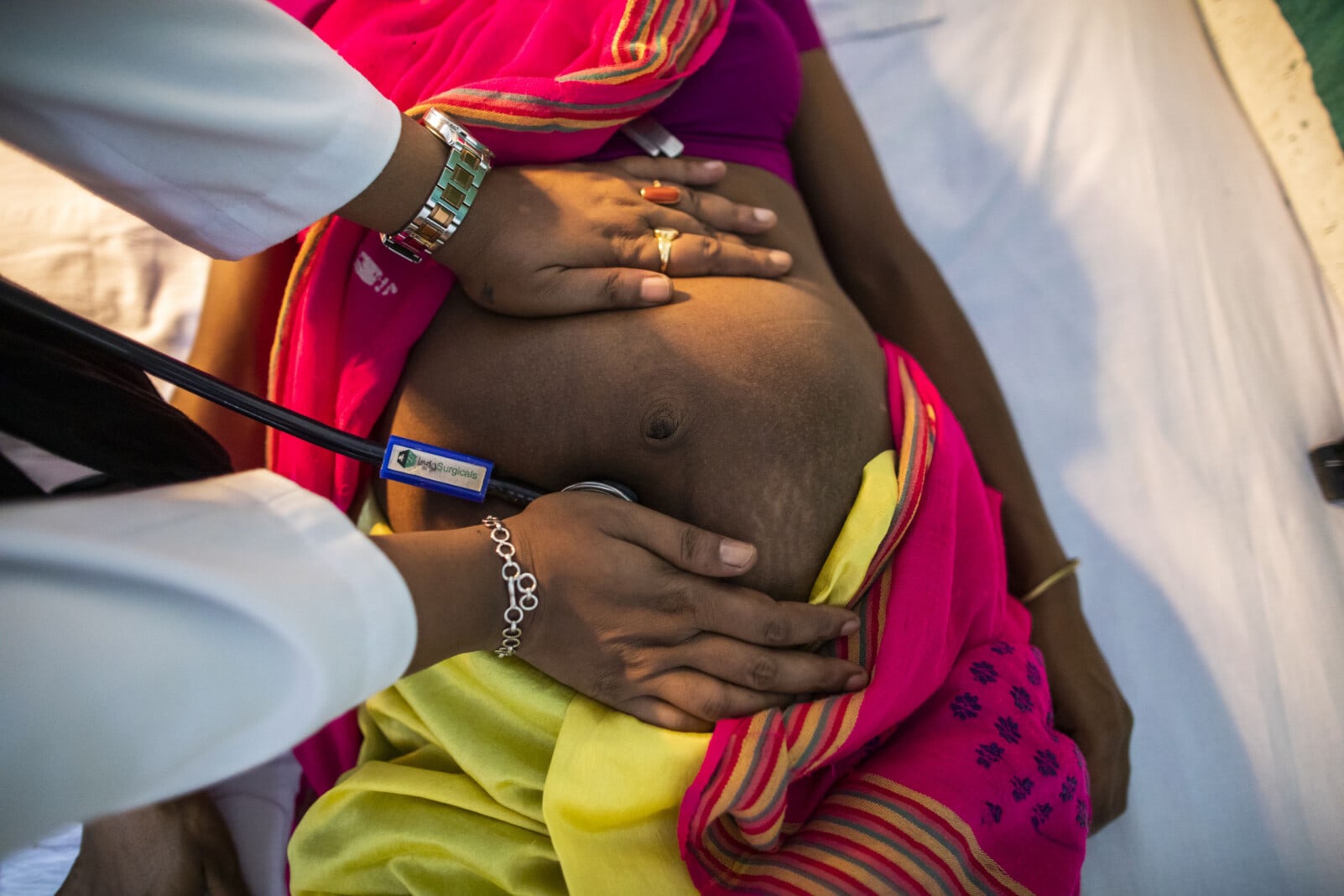- Over the past decade, various initiatives have been introduced to transofm maternal healthcare. These have slowly but surely begun to transform maternal healthcare offering hope to millions of expectant mothers.Historically, Kenya has been struggling with high maternal mortality rates. Inadequate healthcare infrastructure, insufficient medical professionals, as wellas inaccessibility to medical facilities have played a big role in contributing to the crisis.
In Kenya, maternal mortality rate remains to be a significant public health challenge. However, the country is making great strides towards improving maternity care. It is aiming at ensuring that every woman has access to safe and quality services during pregnancy, childbirth, and beyond.
Over the past decade, various initiatives have been introduced to transform maternal healthcare. These have slowly but surely begun to transform maternal healthcare offering hope to millions of expectant mothers. Historically, Kenya has been struggling with high maternal mortality rates. Inadequate healthcare infrastructure, insufficient medical professionals, as well as inaccessibility to medical facilities have played a big role in contributing to the crisis.
However, the Kenyan government is receiving global support to reshape the maternity care landscape. Grassroots efforts are driving change to this revolution. One of the most significant advancements has been the expansion of maternal health services in rural areas. In collaboration with UNICEF and World Heath Organization(WHO), efforts have been made to equip local health facilities.
Ambulances for emergency referrals, access to basic surgical equipment as well as accessibility to hospitals in remote areas have dramatically reduced the need for women to travel long distances to deliver in hospitals. The introduction of mobile health technology has further revolutionalised maternal health care in Kenya.
In the click of a button, expectant mothers are able to keep track of their pregnancy journey. They can send reminders for antenatal visits to healthcare facilities or even book for delivery or inpatient admissions remotely.
Read More
For those living in underserved areas, these services have been lifesaving. They now have access to real-time advice and assistance. This has empowered them to make informed decisions about their health.
Additionally, there has been a national push to increase the number of health workers in maternal and newborn unit. The Kenyan government, through the Ministry of Health, has been on a run to expand training programs for midwives, obstetricians, and pediatric nurses.
This focus is critical as trained healthcare providers can identify and respond to maternal complications such as eclampsia, hemorrhage, or obstructed labor, preventing many avoidable deaths. A key initiative to this transformation was the "Linda Mama" program. Launched in 2016, it aimed at providing free maternity services to all Kenyan women.
The program covered the cost of delivery and essential services during pregnancy, including the antenatal care and postnatal services. This initiative ensured that women from even the most economically disadvantaged backgrounds have access quality care regardless of cost.
Moreover, community health workers have played an integral role in bridging gaps in healthcare delivery. They are trained to create awareness to expectant mothers about the importance of pre-natal care, encouraging them of timely medical care. Their role has been vital in reaching out to expectant mothers who are inaccessible to professional healthcare.
Today, Kenya’s efforts are yielding positive results. The maternal mortality rate has shown steady decline. Many women are surviving childbirth thanks to improved infrastructure and healthcare policies. The transformation in maternity care has not just been a medical success but a step toward gender equality, economic empowerment, and social progress for Kenya’s women.


-1749127157-md.jpg)

-1749105116-md.jpg)
 Nakuru Deputy Governor David Kones and other leaders, relaunch The Potato Regulations 2019 during the International Day of Potato 2025. Photo by James Munyua-1749108250-md.jpg)


-1749127157-sm.jpg)

-1749105116-sm.jpg)
 Nakuru Deputy Governor David Kones and other leaders, relaunch The Potato Regulations 2019 during the International Day of Potato 2025. Photo by James Munyua-1749108250-sm.jpg)
